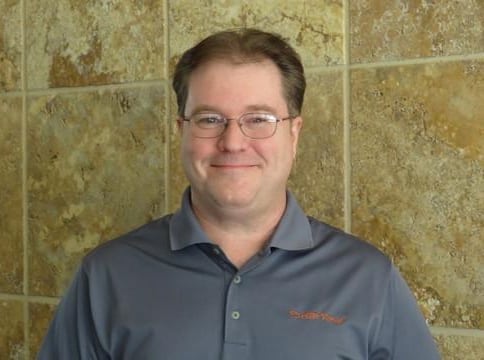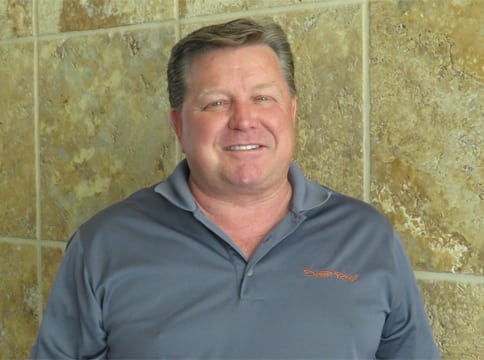According to a recent survey, at the beginning of each New Year over 80% of Americans
make resolutions in an effort to improve their lives. Most of those resolutions are regarding health and finances. Below are some tips to help you in those areas.
Setting Resolution Goals
Health and Fitness—Start small with realistic goals. If your goal is to get in shape, you don’t have to go all-in on a gym membership. Many people who have been sedentary tend to overdo it when starting to work out and quickly give up. Start with something easy, such as taking a walk every day or with beginner yoga. Once exercise becomes part of your daily routine, add weight training or cardio if you’d like.
Diet— If the goal is to lose weight (or inches) there are things that can make following a diet easier. Experts say it’s important not to completely deprive yourself of all indulgences. Some of the most successful diet programs incorporate “vacation” meals once a week. By planning a “vacation’, such as a dessert after a sensible meal, you are rewarding yourself for sticking to the program. This will help you to follow through until you reach your goal.
Protecting Your Family and Finances
Online Security
Passwords—The new year is a good time to change your online passwords. Updating your password every few months, or at least once a year, will help keep your accounts a little more secure. Many sites have specific password requirements.
When setting up a password for sites that don’t have specific requirements, here are a few tips for creating a more secure password:
• Make your password at least 8 characters
• Use at least one capital letter and one lowercase letter
• Use at least one special character (! @ _ / ? )
Banking—The holidays are a prime time for criminals to steal credit and debit card information. It’s important to check your bank and charge card accounts for fraudulent activity.
Check Detectors and Batteries
Three out of five home fire deaths resulted from fires in homes without working smoke detectors. Smoke detector failures usually result from missing, disconnected or dead batteries. A monitored smoke detector is typically hardwired to the alarm box and has continuous power. Whether battery-operated or hardwired, smoke detectors don’t last forever, the devices themselves should be replaced every 10 years.
The same goes for Carbon Monoxide detectors. Carbon Monoxide is a byproduct of incomplete combustion. The gas can come from a stove, water heater, furnace, fireplace, etc. Because Carbon Monoxide is odorless and tasteless, it can poison you before you even know it’s there. A Carbon Monoxide detector can sound an audible alarm and send an alert the monitoring station, possibly saving you or a loved one. If you have a fireplace or use natural gas in your home, having at least one Carbon Monoxide detector is a must. Let’s all strive to be safer in 2019.
Important Numbers and When to Use Them
911—When there is a crime in progress or even when suspicious activity is going on. When you describe the situation to the operator, they will determine where (if anywhere else) the call needs to be routed.
Crime Stop—Non-Emergency crime reporting or reporting after a crime has taken place. (602) 262-6151. You may also visit www.phoenix.gov and click on the “Police” tab. On that next page, you will find the tab ”Online Reporting”. Click on the tab and follow the instructions.
Silent Witness—When you have information regarding a felony or serious crime. You may even earn a reward if the information leads to an arrest or indictment. (480) 948-6377
Graffiti Hotline—If you have information on a possible graffiti suspect. (602) 262-7327
To promote awareness we will continue to provide our residents with tips on how to better protect themselves, their homes, and their families through this publication, e-blasts, and on desertridgelifestyles.com.
If you are interested in starting a Neighborhood Block Watch, please contact the Desert Ridge Community Association office at 480-551-4553.
Steve Burns
Community Awareness Committee Chairman








